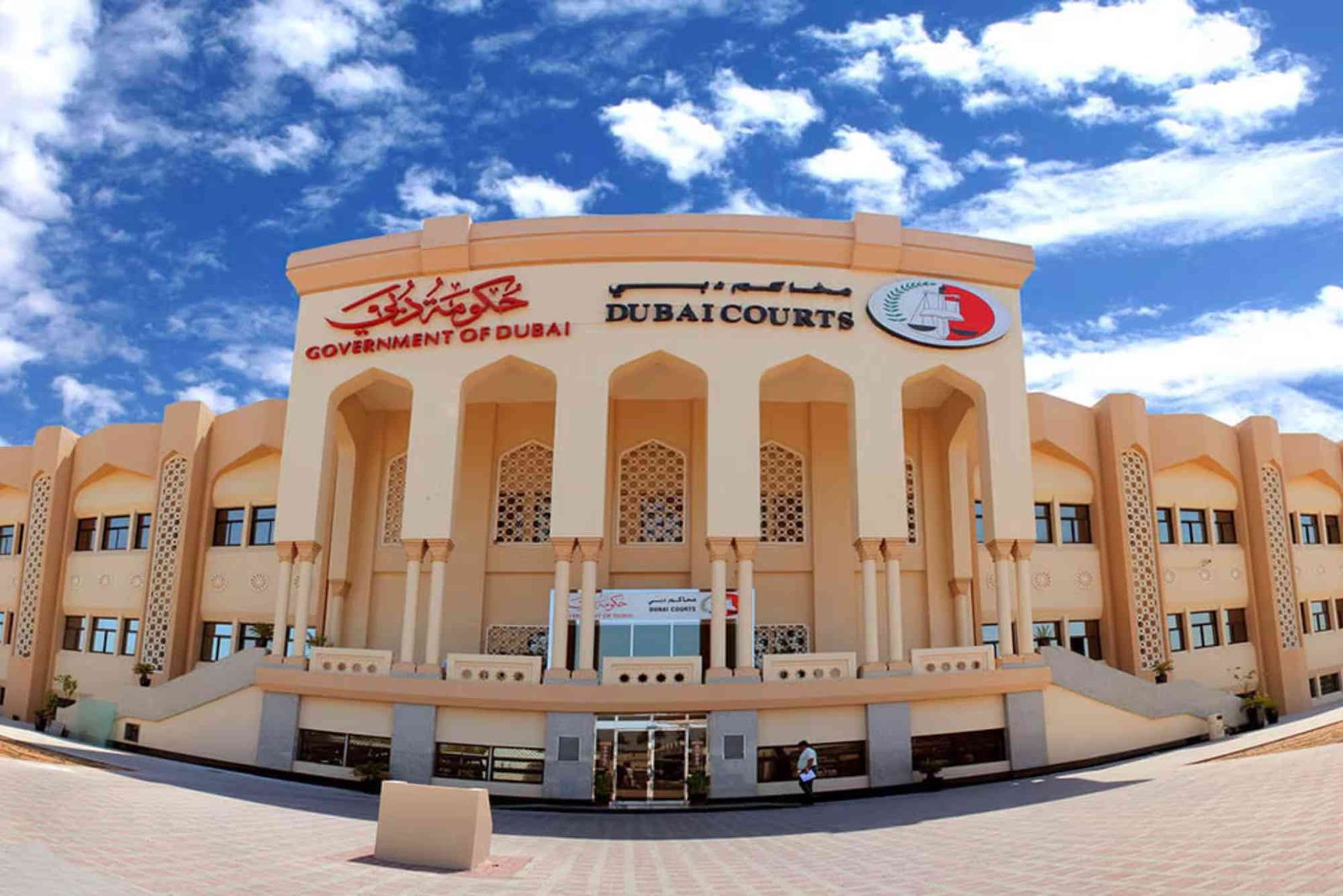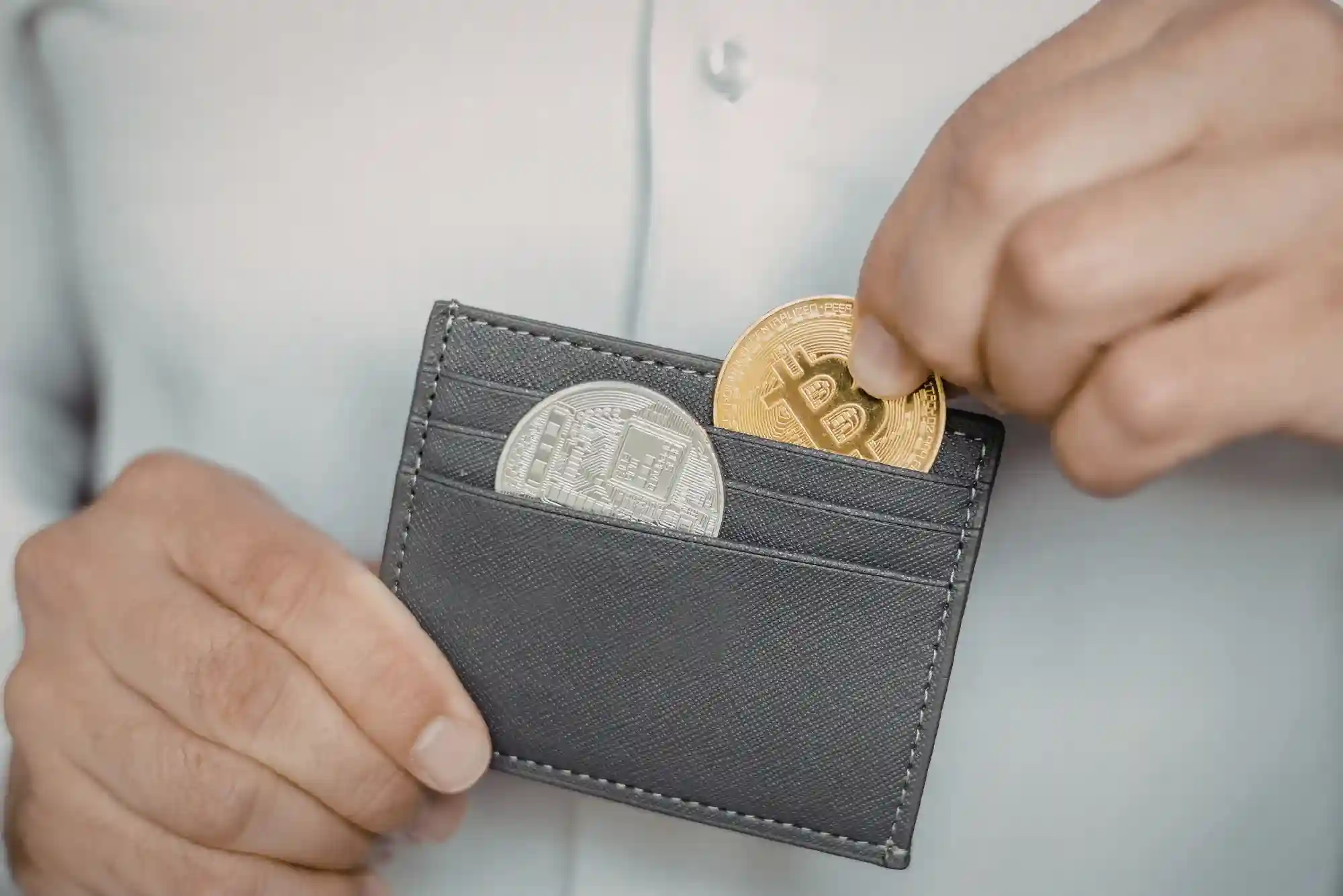Dubai Courts Government: An In-Depth Overview of Legal System and Services
Dubai Courts is a cornerstone of the legal framework in the UAE, playing a pivotal role in ensuring justice, legal transparency, and the rule of law in Dubai. With a well-structured system designed to handle various legal matters efficiently, Dubai Courts has established itself as a key institution in the UAE’s judicial landscape.
The Foundation and Purpose of Dubai Courts Government
Dubai Courts was established to create a comprehensive legal system capable of resolving disputes and maintaining social justice. The institution is part of the broader judicial authority in Dubai, working in harmony with other legal bodies such as the Dubai Public Prosecution and the Ministry of Justice. Its primary purpose is to provide fair, transparent, and accessible judicial services to residents, citizens, and businesses in Dubai.
Structure of Dubai Courts
The Dubai Courts system is organized into three main levels:
Court of First Instance: This court handles all types of cases, including civil, commercial, criminal, labor, and family matters. It is the first level where disputes are brought for adjudication.
Court of Appeal: If a party is dissatisfied with a decision made by the Court of First Instance, they can appeal to the Court of Appeal, where the case is re-examined.
Court of Cassation: The highest court in Dubai, which deals with legal principles rather than case facts. It ensures that laws are interpreted correctly and can overrule judgments made by lower courts if legal errors are found.
This hierarchical structure ensures that legal matters are thoroughly examined at multiple levels, providing a robust system of checks and balances.
Legal Services Offered by Dubai Courts
Dubai Courts offers a wide array of legal services to support the community. Some of the most essential services include:
- Case Registration: Individuals and legal representatives can register various types of cases, including civil, criminal, and commercial disputes. This service facilitates access to justice by allowing cases to be filed electronically or in person.
- Notary Public Services: The court provides official notarization services, which are essential for validating legal documents such as contracts, agreements, and affidavits.
- Marriage and Divorce Procedures: Dubai Courts oversees marriage registration and divorce proceedings, ensuring that these processes comply with the legal standards of the UAE.
- Execution of Judgments: The court is responsible for implementing court rulings. This includes the enforcement of financial claims, property seizures, or other legal mandates.
Technological Innovations in Dubai Courts
Dubai Courts has embraced digital transformation to streamline its services and make the judicial process more accessible. The “Smart Court” initiative, for example, allows for electronic case registration, virtual hearings, and the digital signing of documents. This reduces the need for physical presence in court, thus saving time and resources for both legal practitioners and the public.
The use of artificial intelligence in legal research and automated document processing has further enhanced the efficiency of Dubai Courts, aligning with Dubai’s vision to become a smart city.
Role in Promoting Legal Awareness
In addition to adjudicating disputes, Dubai Courts Government actively works to promote legal awareness among the public. It conducts educational programs and community outreach to help residents understand their legal rights and obligations. Legal literacy is a priority, ensuring that citizens and expatriates can navigate the legal system with confidence.
The Significance of Dubai Courts in the UAE’s Legal System
Dubai Courts plays a crucial role in upholding the rule of law in the UAE. It acts as a guardian of justice by providing a legal framework that supports economic growth, social stability, and investor confidence. With Dubai being a major global business hub, having a dependable legal system is vital for resolving commercial disputes and safeguarding contractual agreements.
The Impact of International Laws and Treaties
As Dubai is a part of the UAE, which is a signatory to various international conventions and treaties, Dubai Courts must consider international laws in its judgments. This international dimension adds a layer of complexity, especially in commercial and maritime cases. The court’s ability to apply both local and international laws effectively showcases its sophistication and commitment to justice.
Ongoing Reforms and Future Outlook
Dubai Courts continues to evolve, with ongoing reforms aimed at improving judicial efficiency and accessibility. Future initiatives include expanding online services, increasing the use of artificial intelligence in legal proceedings, and further enhancing the court’s technological infrastructure.
These efforts are part of Dubai’s broader vision to lead the way in modernizing judicial systems in the Middle East, setting a benchmark for other countries to follow.
Dubai Courts stands as a symbol of justice and legal progress in the UAE. With a structured hierarchy, comprehensive legal services, and a commitment to embracing technological advancements, it is a cornerstone institution that supports Dubai’s aspirations as a global city. Whether resolving disputes, enforcing judgments, or promoting legal awareness, Dubai Courts continues to be an essential pillar of the UAE’s legal system.
FAQs about Dubai Courts Government
1. What is Dubai Courts Government?
Dubai Courts Government oversees the legal and judicial system in Dubai, ensuring fair trials, legal services, and dispute resolution.
2. How can I check my case status in Dubai Courts?
You can check your case status online through the Dubai Courts website by entering your case number or using the smart app.
3. What services does Dubai Courts offer?
Dubai Courts provide services such as case filing, marriage registration, legal documentation, notary services, and dispute resolution.
4. How do I file a case in Dubai Courts?
To file a case, you need to submit the required documents, pay the necessary fees, and follow the procedures outlined by Dubai Courts.
5. Can expatriates access Dubai Courts’ legal services?
Yes, expatriates can access legal services, file cases, and seek legal assistance through Dubai Courts.




